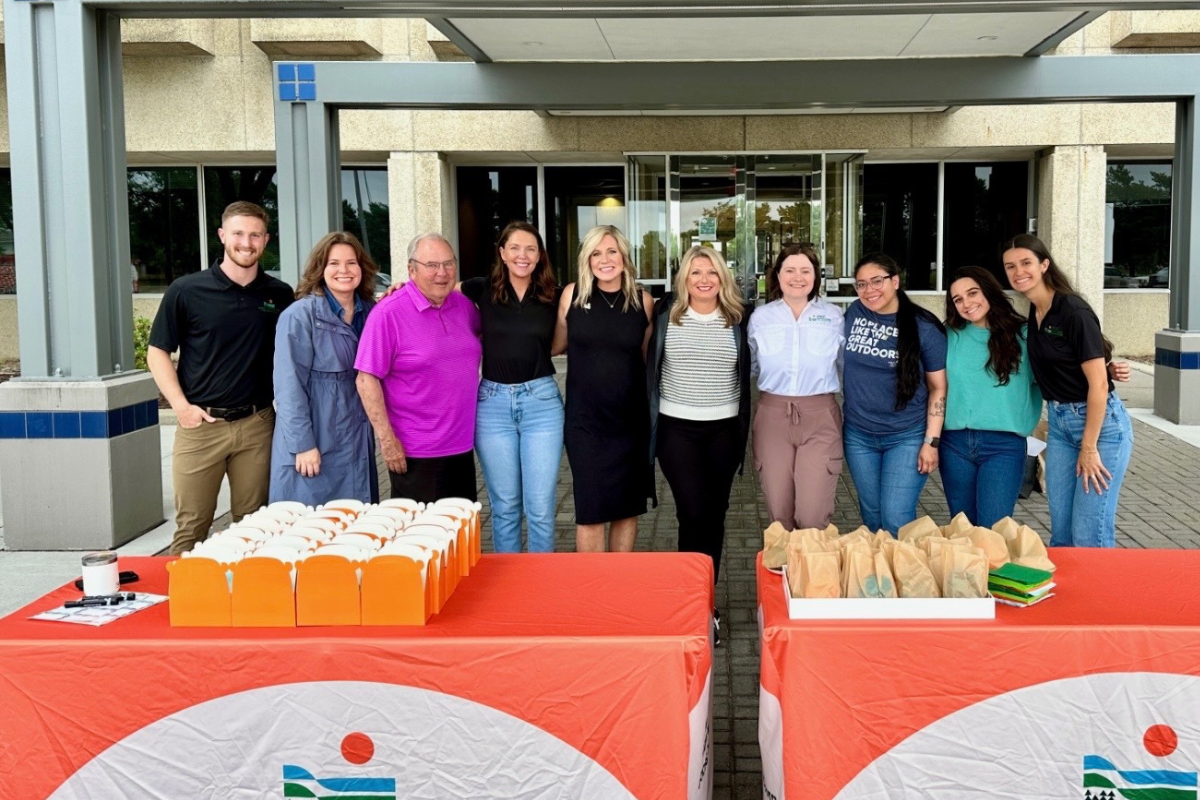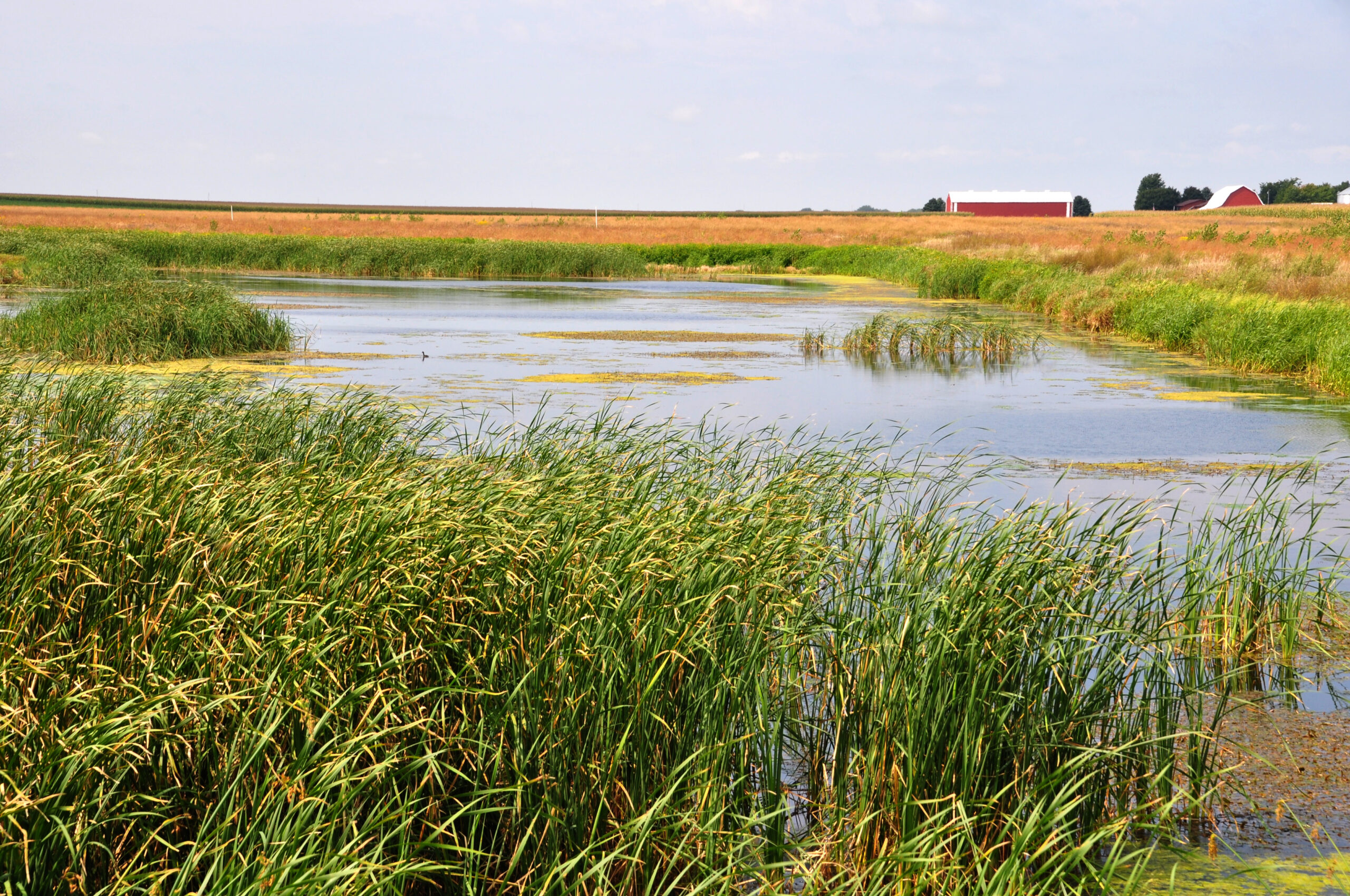Our Impact
On average, more than 98% of Great Outdoors Foundation funding is invested directly into conservation and recreation initiatives. We take stewardship seriously and drive desired outcomes through innovative solutions and collaborative partnerships. Over the last three years, we have invested more than $200 million in conservation and outdoor recreation, and we’re just getting started. Read our 2024 Annual Report.


